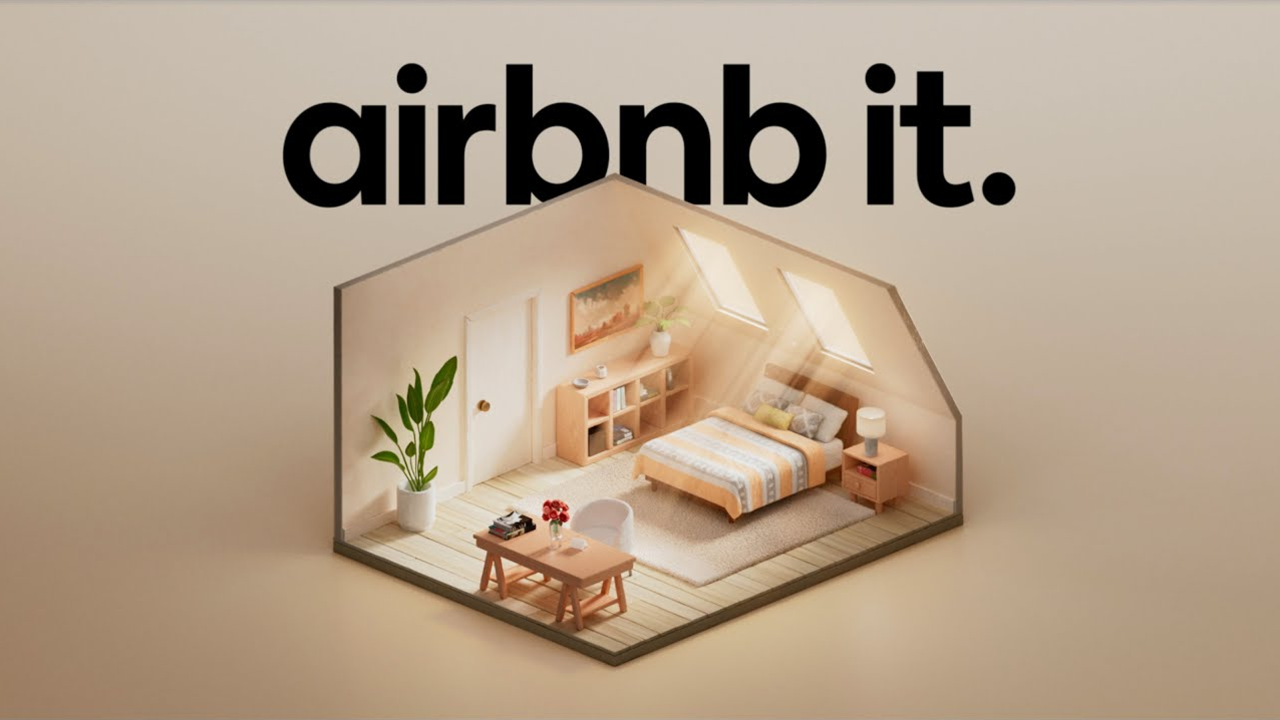What Airbnb can teach hospitality marketers about positioning

Airbnb has revolutionised the hospitality industry, not by offering more luxurious accommodation or lower prices, but by positioning itself on emotional attributes and category entry points that traditional hotels often overlook. The brand has successfully crafted a distinctive identity that goes beyond just lodging - it sells belonging, adventure, and a sense of home anywhere in the world.
Emotional positioning: selling more than just a bed
While traditional hotel chains focus on amenities, service, and reliability, Airbnb has positioned itself around emotional attributes that resonate deeply with modern travellers:
-
Belonging anywhere - Airbnb’s tagline, "Belong Anywhere," encapsulates its core positioning. Unlike hotels, which often feel standardised, Airbnb promotes the idea that travellers can experience a destination like a local, making them feel at home no matter where they go.
-
Authenticity and connection - Travellers don’t just book a room; they book an experience. By staying in someone’s home, guests get a personal and often unique perspective on a location. This taps into the growing desire for more meaningful and personalised travel experiences.
-
What Airbnb Is NOT selling: The anti-hotel approach - Airbnb explicitly positions itself against the frustrations of traditional hotels, making it an attractive alternative. Instead of rigid check-in times, impersonal service, hidden fees, and cookie-cutter rooms, Airbnb offers an adaptable, diverse, and personalised experience. By emphasising what it doesn’t offer - long queues at reception, overpriced minibar snacks, sterile corporate environments - Airbnb makes the limitations of hotels more obvious and unappealing. This "anti-hotel" stance ensures that Airbnb remains the preferred choice for travellers who feel restricted or uninspired by the traditional hospitality model.
-
Community and trust - By fostering a community-based model, Airbnb positions itself as more than a transactional service. The review and rating system builds trust between hosts and guests, reinforcing the emotional appeal of shared experiences.
Leveraging category entry points (CEPs)
Category entry point (CEPs) are the cues that trigger a brand to come to mind when consumers have a specific need. Airbnb has effectively built strong CEP associations that make it the go-to choice for different travel situations.
-
"I want a unique stay" - Unlike hotels that offer standardised rooms, Airbnb is associated with unique and diverse accommodations, making it top-of-mind when travellers seek something different.
-
"I’m travelling on a budget" - While not always the cheapest option, Airbnb has positioned itself as an alternative to expensive hotels, especially for longer stays or group travel.
-
"I want to stay like a local" - Airbnb is closely linked to the idea of experiencing a city like a resident rather than a tourist, creating a clear differentiation from hotels.
-
"I need a place for a large group" - Hotels often struggle to accommodate large families or groups without multiple bookings. Airbnb capitalises on this by offering entire homes as a solution.
-
"I want more than a hotel room" - From treehouses to houseboats, Airbnb’s positioning extends to providing more than just a room, it offers an experience.
What hospitality marketers can learn
For hospitality brands looking to refine their positioning, Airbnb offers key takeaways:
-
Emotional positioning matters - Focus on the feelings and experiences your brand enables, not just the functional benefits.
-
Identify and own category entry points - Ensure your brand is mentally available when customers think about specific travel needs.
-
Leverage storytelling - Airbnb uses real hosts and travellers to tell compelling stories that reinforce its positioning.
-
Position against the alternative - As Rory Sutherland notes, brands should focus not just on why customers choose them, but also why they reject the competition. Airbnb’s success stems from making hotels feel like an outdated, restrictive choice.
-
Build a community, not just a customer - Creating trust and engagement between users can drive long-term loyalty.
By mastering emotional branding and category entry points - while clearly positioning itself against the downsides of traditional hotels - Airbnb has set itself apart in the hospitality industry. It proves that great positioning isn't just about what you sell; it's about what you don’t sell, and what you stand against.

